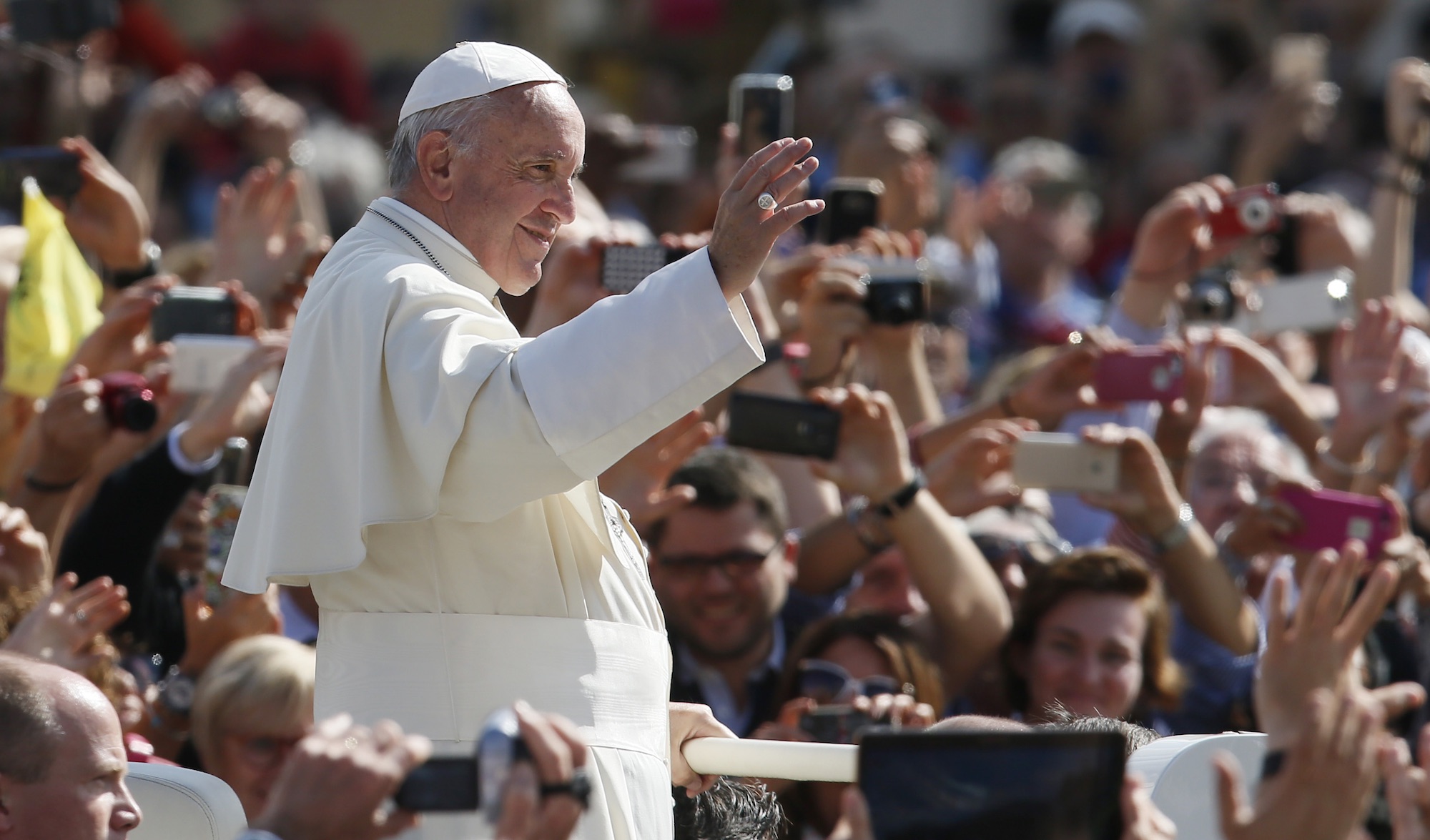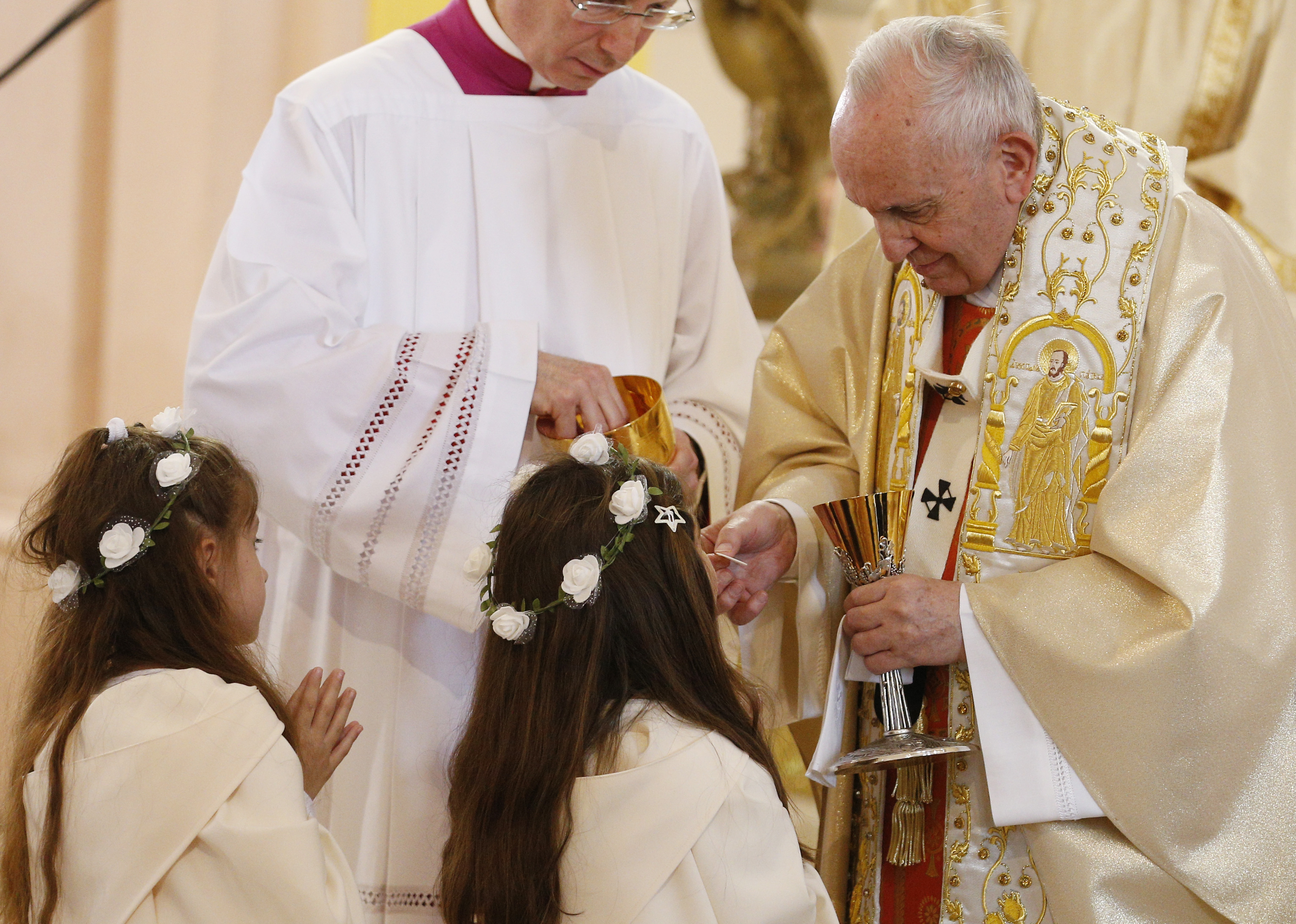Remembering Pope Francis: A Legacy Of Change & Challenges
How does one encapsulate a life dedicated to faith, service, and the relentless pursuit of a more just world? Pope Francis, the 266th Bishop of Rome, a figure who redefined the papacy in the 21st century, has passed away, leaving behind a legacy that will be debated, revered, and analyzed for generations to come.
News of his passing on April 21, 2025, at the age of 88, brought a wave of both grief and reflection across the globe. In the cathedral of Beira, Mozambique, Catholic faithful gathered to honor his memory, a testament to his profound impact on the lives of millions, echoing the sentiment felt worldwide. His tenure, marked by both radical reforms and unwavering tradition, ended after nearly 13 years, a period that saw him navigate complex issues and challenge established norms within the Catholic Church and beyond.
| Category | Details |
|---|---|
| Full Name | Jorge Mario Bergoglio |
| Born | December 17, 1936, in Buenos Aires, Argentina |
| Died | April 21, 2025, Vatican City |
| Papal Name | Francis |
| Papacy | March 13, 2013 April 21, 2025 |
| Predecessor | Pope Benedict XVI |
| Successor | (To be determined) |
| Religious Order | Society of Jesus (Jesuits) |
| Notable Achievements | First Pope from the Americas, emphasis on poverty and social justice, reform of Vatican finances, emphasis on environmental stewardship, outreach to marginalized groups |
| Key Writings | Evangelii Gaudium (The Joy of the Gospel), Laudato Si' (On Care for Our Common Home), Fratelli Tutti (On Fraternity and Social Friendship) |
| Reference Website | Official Website of the Holy See |
Born Jorge Mario Bergoglio on December 17, 1936, in Buenos Aires, Argentina, he entered the world as the son of an Italian immigrant railway worker and a mother of Italian descent. His roots, firmly planted in the heart of Argentina, instilled in him a deep connection to the struggles of the working class and a firsthand understanding of social inequality. This background would later shape his pontificate, guiding his focus on the poor, the marginalized, and the vulnerable.
His journey to the papacy was unconventional. Unlike many of his predecessors, he was not a product of the Vatican's inner circle. As the first Latin American pope and the first from the Americas, he was, in many ways, an outsider who brought a fresh perspective to the leadership of the Catholic Church. From the moment he chose the name Francis, a tribute to St. Francis of Assisi, known for his simplicity and dedication to the poor, it was clear that his papacy would be marked by a commitment to serving those on the margins of society. His words "Having mercy, he called him," reflecting his mission.
His election on March 13, 2013, marked a turning point. He inherited a church facing internal challenges, including financial scandals and accusations of abuse. With a vision to renew the Church, he embarked on a path of reform, tackling corruption within the Vatican and advocating for greater transparency. The magisterium of the supreme pontiffs, the fundamental texts of Catholicism in various languages, and the documents of various Vatican departments all reflect his vision. Visiting the official website of the Holy See, one can explore the vast repository of the Church's teachings, history, and administrative functions.
One of the defining aspects of his papacy was his emphasis on social justice. Pope Francis frequently spoke out against economic inequality, climate change, and the plight of refugees. He issued encyclicals such as Laudato Si', which called for environmental stewardship, and Fratelli Tutti, promoting fraternity and social friendship, urging the world to recognize the dignity of every human being. He reminded the Church of its responsibility to be a voice for the voiceless and to advocate for those on the peripheries.
In November 2024, at Vatican City, he was joined by thousands of pilgrims to celebrate the eighth annual World Day of the Poor, reinforcing the Church's commitment to the underprivileged. These gatherings and his frequent visits to areas affected by conflict or poverty underscored his belief that the Church should be a "field hospital," tending to the wounds of the world. His actions were a living embodiment of his words.
This focus extended to internal reforms. He established the Council for the Economy to oversee Vatican finances, aiming to improve transparency and accountability. He also initiated reforms to address the clergy sexual abuse crisis, a significant challenge that had damaged the Church's credibility. Although progress has been made, the impact of these reforms will be felt for years to come.
The impact of Pope Francis was also felt in the realm of interreligious dialogue. He fostered stronger relationships with other faiths, including Islam and Judaism. He met with religious leaders from around the world, promoting peace and understanding, and working to bridge divides. These efforts reflect his belief in the importance of dialogue and cooperation in a globalized world.
During his weekly general audiences in St. Peter's Square, he would address the faithful. On April 26, crowds gathered to celebrate World Childrens Day, a testament to his appeal. This event highlighted his dedication to the younger generation, emphasizing their importance to the future of the Church and society.
The Catholic Church's first Latin American pontiff, Francis, who served for nearly 13 years, passed away at 88. The announcement came at the conclusion of the pope's weekly general audience in St. Peters Square. Pope Francis's work also includes the establishment of Pope Francis Catholic Multi Academy Trust. This institution was founded by the Archbishop of Liverpool to provide the best Catholic education to the young people in the schools. It allows schools, faith, and ambition to grow. The phrase "uplifting hearts, inspiring minds" is at the heart of this. It is also where 21 new cardinals were installed on Saturday, urging them to avoid the "seduction of power." Instead, they are urged to follow the path.
His papacy was not without controversy. His more liberal stances on issues such as homosexuality, the role of women in the Church, and the reception of divorced and remarried Catholics have drawn both praise and criticism. Some conservatives saw him as undermining traditional teachings. He responded to these criticisms with the same grace and humility that characterized his papacy, demonstrating an extraordinary resilience in the face of adversity. He made it his mission to change the perception of the Catholic Church, and in many ways, he succeeded.
After a decade as pope, Francis continues to reshape the Catholic Church. Francis, who turns 88 later this month, appeared slightly fatigued, but carried on as normal with the scheduled ceremony in st. Peter's basilica. He has installed 21 new cardinals to the catholic church. This chronological list of popes of the catholic church corresponds to that given in the annuario pontificio under the heading i sommi pontefici romani (the roman supreme pontiffs), excluding those that are explicitly indicated as antipopes. Pope francis greets pilgrims during his general audience on nov. 5 the synod on the family begins. The bishops discuss a variety of concerns, including.
Remembering Pope Francis, his papacy brought change to the vatican and the church at large, resulting in his becoming one of the most complex pontificates. His legacy will be debated and analyzed for years to come. The surprise announcement came at the conclusion of the popes weekly general audience in st. Peters square as francis celebrated world childrens day. The legacy of his time as pontiff will undoubtedly be remembered as a period of significant change and a renewed focus on the Church's pastoral mission.


